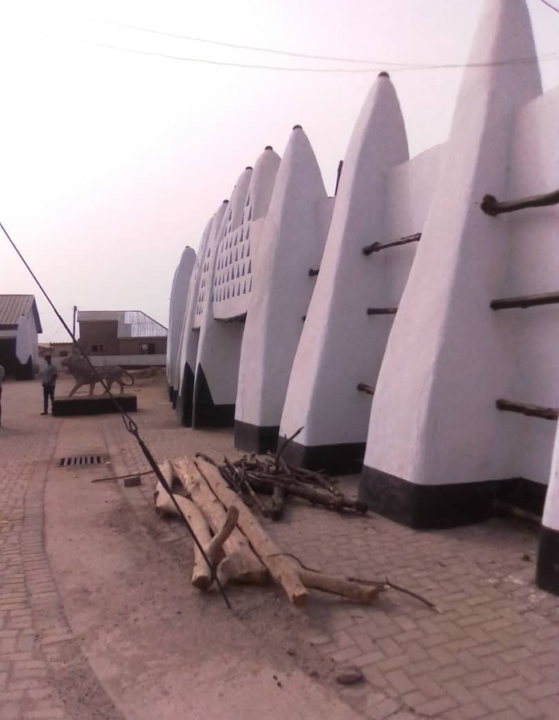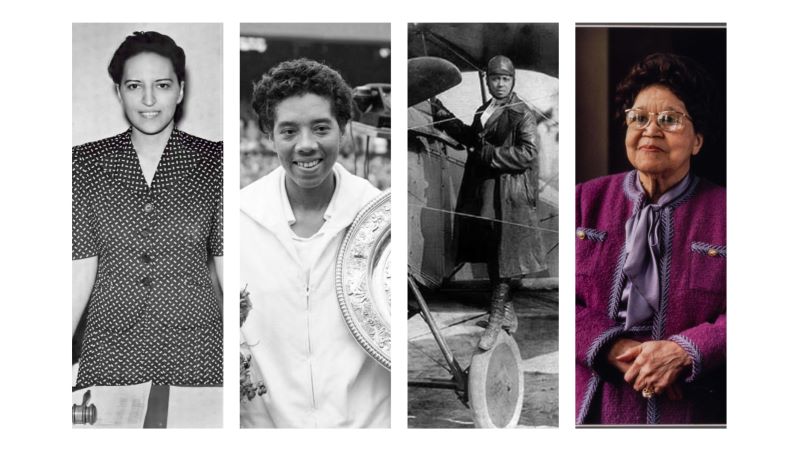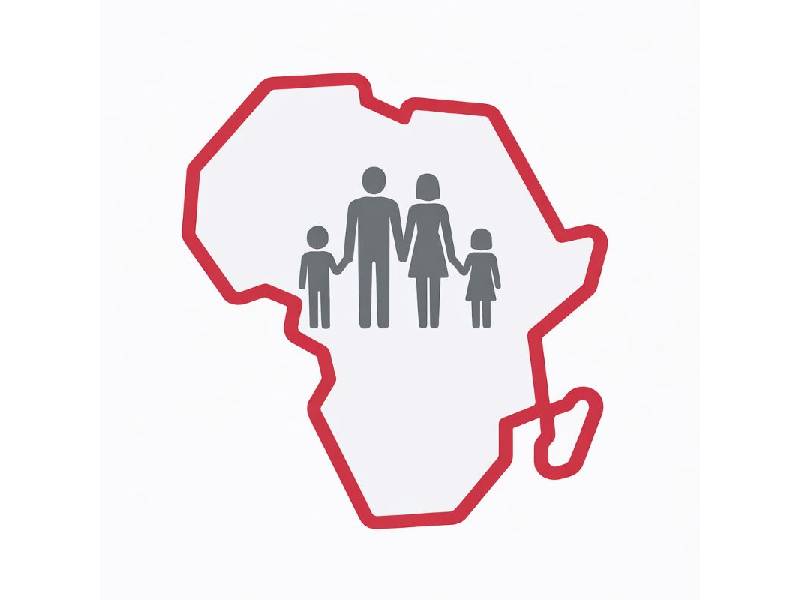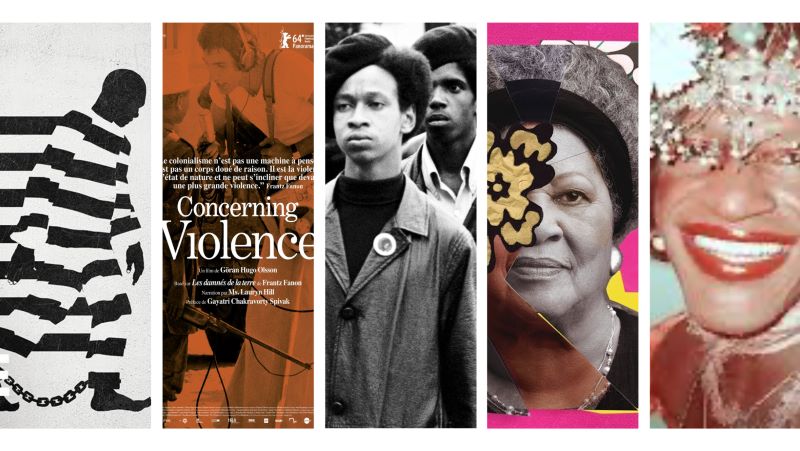Photo by Tope A. Asokere from Pexels
“Government of the people, for the people, and by the people”. Famous words spoken by Abraham Lincoln at Gettysburg have gone on to form the tenets on which democracy is built and applied in many countries all around the world including Africa.
The very crux of democracy rests on the simple, yet profound fact that it is the people who choose how they will be governed.
In Africa, the concept of democracy seems like a fleeting dream to the very people it is meant to serve. While some African nations are bogged down by the prevalence of authoritarian regimes, some parts of the continent are experiencing sweeping changes of governments through coup d’état, while others cannot be bothered to allow the will of the people to prevail.
Such conditions have not only created a hostile environment for the evolvement of African societies, it have also hindered the development of democratic institutions.
So it begs the question. Is Democracy a good fit for Africa?
The opinions of many are divided on this issue but one thing all can agree upon is that the people should decide how they are governed and who governs them.
Before the advent of colonialism, several African nations already practiced a form of governance that was suitable for their societies. Amongst the Igbo people of South Eastern Nigeria, they practiced a republican style of governance that gave equal representation to all. The system had a consultative assembly of the Council of Elders, age groups, etc., representing each family in the community and responsible for making decisions for the good of the community.

The ancient palace of Wa Chief in the upper west region of Ghana. Source: Wikimedia Commons
In the ancient Ghana Empire, a monarchical system of governance was operational with clearly defined roles and responsibilities for all. Several Pre-Colonial African nations were absolute monarchies, sharing similarities with the Roman, Greek, and Mogul empires.
Resolving conflicts and promoting peace was implemented in a way that kept their societies from caving in and the people had a free will to choose what worked for them.
Perhaps it is what frustrates democracy flourishing properly in the African continent because the system seems impressed upon the people as a better alternative as opposed to the system they were already used to.
Because man is continually evolving, several governance systems have evolved as the people continually look for what works. In England, a monarchy might still be in place but it operates as a constitutional monarchy. Italy had replaced its monarchical system with a democratic republic, and the list goes on.
African nations struggling with acceptable governance structures that put the interest and welfare of the people first must begin to consider what works for them. The Western and European style of democracies, an evolved form of governance incorporating both the traditional and new, or rather stick to the system operated before the colonial periods.
The continued social unrest and political instability are unsettling and creating an unstable continent.
Access to education, jobs, healthcare, and basic services that improve HDI and guarantee an end to the perpetuation of the seemingly endless cycles of poverty and social mobility for the people must be pursued with a governance system that ensures its achievability.
Democracy has not failed; rather African nations should either embrace it or find what works for the good of the people.

Okechukwu Nzeribe works with the Onitsha Chamber of Commerce, in Anambra State, Nigeria, and loves unveiling the richness of African cultures. nextquestservices@gmail.com





